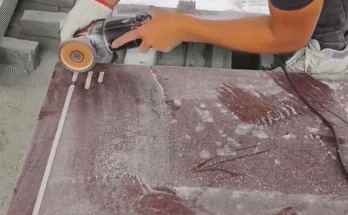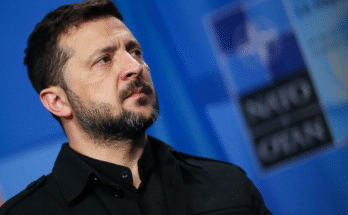KANANASKIS, Alberta — European Commission President Ursula von der Leyen used the G7 summit to find common ground with Donald Trump, criticizing China’s export restrictions on crucial raw materials. During a session on the global economy, von der Leyen accused Beijing of disrupting global trade by using subsidies to boost its own companies and “weaponizing” its dominant position in critical raw materials, ignoring international trade rules to undercut competitors.

China’s “Weaponized” Exports and a “New China Shock”
Since April, China has significantly restricted exports of permanent magnets and the minerals needed to produce them. While initially a response to Trump’s tariffs, these restrictions have affected Europe globally.
“When we focus our attention on tariffs between partners, it diverts our energy from the real challenge — one that threatens us all,” von der Leyen stated, a clear message directed at Trump. She added, “On this point, Donald is right — there is a serious problem,” encouraging the U.S. president to collaborate with allies against China’s trade imbalances rather than imposing tariffs on them.
Brussels has consistently tried to persuade Trump not to target the EU in his trade disputes, arguing that a unified approach to China’s industrial policies is the best way to ensure fair trade. Von der Leyen elaborated, saying China focuses on “undercutting intellectual property protections, massive subsidies with the aim to dominate global manufacturing and supply chains. This is not market competition — it is distortion with intent.”
The Commission chief warned of “a new China shock,” accusing Beijing of flooding global markets with cheap state-subsidized products. She urged G7 nations to address China’s dominance in the raw materials sector, even bringing a permanent magnet to the meeting as a tangible example of its importance to European industries like car and wind turbine production.
G7’s Cautious Stance
Despite von der Leyen’s direct criticism of China, the G7 as a whole may adopt a more reserved tone. A draft summit statement, seen by POLITICO, indicates that G7 leaders will commit to a “G7 critical minerals action plan.” However, the draft avoids explicitly naming China, instead vaguely referring to “non-market policies and practices in the critical minerals sector.”
Leading up to the summit, there was an expectation that the critical raw materials statement would be easily agreed upon by leaders and partner nations like South Africa, Ukraine, Brazil, and India. Von der Leyen also held a separate meeting with Trump, stating that both sides would “accelerate their work” toward a “good and fair” trade deal.


